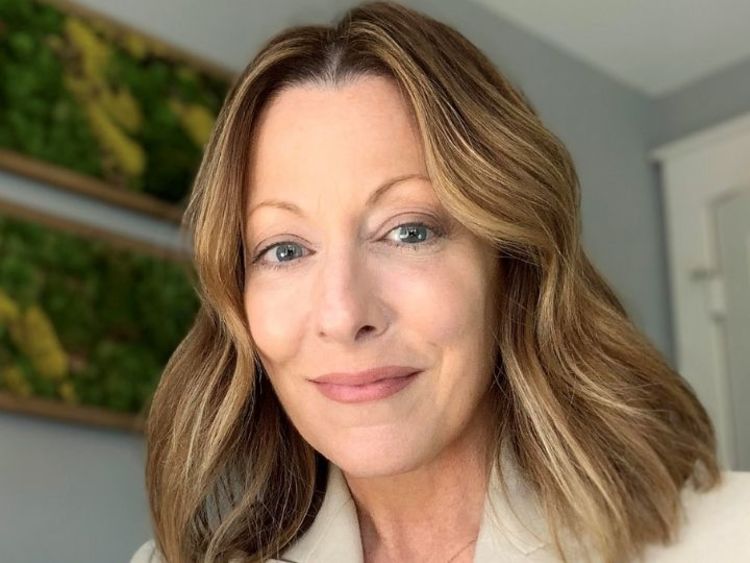A Guide to Cultivating Better Sleep Habits
Sleep Expert and Psychology Professor Candice Alfano’s Guide to Sleep Hygiene


Candice Alfano
Candice Alfano
Are you one of those people who think you’ll just catch up on your sleep during the holidays – when leisure abounds, and the bed seems to beckon? Sorry chap, it’s not going to happen. Sure, you may get a couple good naps in, which might help in the short term, but if you are sleep deprived on a regular basis, you’re increasing your risk of depression, diabetes, hypertension, heart disease and stroke.
“Sleep is a learned behavior, and like any other daily habit we have, it can be unlearned,” said sleep expert Candice Alfano, professor of psychology and director, Sleep and Anxiety Center of Houston.
In truth it is anxiety that keeps many people awake at night.
“Anxiety can surface at any time, but there are a few reasons it may feel more intense at bedtime,” said Alfano. “Most of us are incredibly busy during the waking hours; our attention is pulled in many different directions, so we have limited time to think about our worries,” she said. “But at night, while we lie in bed, there are few distractions from the thoughts that make us anxious.”
In this article, Alfano provides insights on how to reduce anxiety and improve your sleeping habits.
Q: Can good sleep help decrease anxiety?
A: Absolutely. Deep sleep helps regulate emotions and decreases anxiety. That’s why good sleep hygiene habits are so important. People who regularly sleep at least seven hours a night are generally healthier, happier and live longer.
Q: What is sleep hygiene?
A: Sleep hygiene is a series of behavioral and environmental practices that help maintain healthy sleep from night to night. Examples of healthy practices are:
- Going to be and waking up at the same time every day
- Getting plenty of sunlight in the morning
- Avoiding screens of all kinds before bedtime
- Exercising but not 2–3 hours before your bedtime
- Avoiding caffeine and nicotine
- Avoid daytime napping
- Avoiding eating late at night
Also, if you tend to worry at night, we have found that writing in a journal at the end of the day can help. Putting all of your worries and thoughts on paper means you don’t have to think of them at bedtime.
Q: What about taking sleep aids, do those help?
A: Medications and aids like melatonin are a short-term fix and don’t always help. The best way to treat insomnia is by sticking to good sleep hygiene practices. Unfortunately, when it comes to melatonin, most people are taking dosages that are too high for them or are taking it at the wrong time. The risk is that when you wake up in the morning, you will not feel refreshed but groggy.
Regarding chamomile tea, CBD oils, lavender and other so called sleep aids, the few studies that have been done have not found an effect on sleep. So, when individuals do report it helps their sleep, it might be what we call a placebo effect.
But, if it works for you, that’s great!
If you struggle with sleep, The Sleep and Anxiety Center of Houston (SACH) on campus offers low-cost treatment services for students. Visit www.uh.edu/SACH to learn more.
